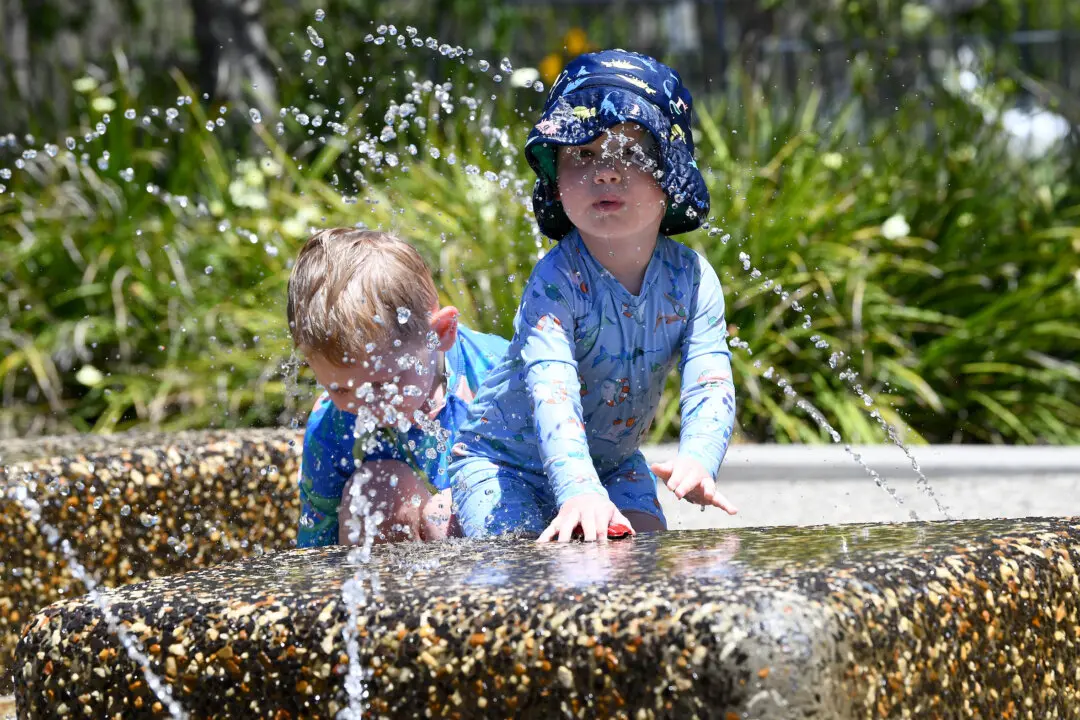Communications Minister Michelle Rowland has introduced a proposed social media ban for under 16s into the Australian Parliament, carrying fines of $49.5 million (US$32.5 million) for social media corporations.
The Online Safety Amendment (Social Media Minimum Age) Bill 2024 (pdf) requires social media platforms to take reasonable steps to prevent Australian children under 16 from having accounts. Those that fail to do so will be fined, including Meta, TikTok, and X.





